All the week prior to Saturday's IDPA match at Cavalier, the weekend weather forecast was looking ominous. It was expected to be a rainy weekend the followed a rainy week. As luck would have it, the weather on Saturday morning was quite pleasant, if even a bit warm. I squadded with the usual group enjoyed the camaraderie as usual.
Our shooting started with all targets engaged from low cover, which means at least one knee on the ground while shooting. With my well-worn knees, that meant two knees on the ground. The kindly stage designer provided padding for the ground. We faced six targets place around walls and non-threats. The more limber and "long" shooters were able to get by with just some good hard leans, but being less limber than in my younger days, I did resort to a bit of shuffling. Despite that, I was pleased, shocked actually, to finish 8th out of the 39 shooters on that opening stage.

On stage 2 we started facing a single target in the open, and shot it while backing to the first position of cover. Moving across the bay we passed a surprise target exposed around the barrels. After engaging a couple targets through a narrow opening, the shooter retreated up range to shoot from the end of a wall, before advancing to find the final target via a hard lean around the wall. I only dropped one point while shooting on the move past the surprise target. I saw that -1 hole but kept moving, figuring it would take more time to back up and make it up.
The next stage was a quick standards drill with just two targets shot in two strings. String 1 was two shots on a single target, freestyle. The second string required two shots on the other target, using strong hand only. The stage pretty much mirrored the two-shot string shooting I am allowed at my local range. I ended up dropping one point on the SHO shooting for a shot I called as breaking the perf, but the SO deemed outside the perf. Such is the game.
Stage 4 was a moderately simple stage, but one that seemed to inspire a lot of "strategic planning." There were just six targets spread across a mirrored layout on either side. The shooter started at either of the two front fault lines. The basic plan started with engaging two targets before moving downrange. Moving forward there were two more targets found by pieing around the end of a wall. Then by stepping to the center fault line a center target was engaged. This was the mirrored half of a target engaged at the first position. Stepping to the next point of cover exposed the final target. If the shooter began the stage on the opposite side, the moves were the same, but in the opposite direction.

There was much discussion among shooters during the walk through, discussing and debating how to run the stage. From my hearing it seemed like the plans involved more movement. I actually began to think I must have missed something, but no matter how many times I reviewed the course, I couldn't see anything different. The first shooter shot the simple plan and there were many exclamations of surprise over the straightforward plan. It's easy to get caught looking at the trees and missing the forest. I believe that in the end, everyone ran the same pattern, from either side. This was my second best overall stage, though many moved through it faster.
The next course of fire featured seven targets with varying hard cover and non-threat limitations lined up along the right side of the bay. At the end of that run, there was a low target behind barrels and another that was finally seen at the end behind more barrels. I tried to shoot the stage on the move, slowly, but was having trouble keeping the gun smooth and making good hits, some of which I think had to do with my hands being very sweaty and not keeping the gun well-gripped, so a lot of extra shots were taken. In the end I was three points down, but took a long time to do it. In the response to the good-natured ribbing from my friends, I simply remarked, "I came to shoot so I'm doing a lot of it!"

The last stage took us to a part of the gun range I had never seen. I've shot IDPA at the club for 11 years, and did some USPSA there before that. The PCC side matches, and some USPSA larger matches apparently make use of this very large bay. Getting to it required about an 8 minute walk. As we started I wondered why some shooters were leaving their range bags and carts behind and simply going with the gun and ammo on their person. Now I know, although I tend to carry a lot of "just in on case" stuff and I would probably feel odd leaving it behind.

The setup used was one that some shooters had seen at the previous weekend's USPSA match, with some modification for IDPA. The spread out course of fire started with us seated, and the loaded firearm on a barrel in front of us. There were three targets to engage at the starting position. We moved to the left to shoot two targets from two points of cover. Then moving across to the right, there was first a lone target from cover, before heading to the end. At that point, one could either move up range for a target or continue across to hit two targets. Most shooters went to the end, then finished at the lone target. The two targets engaged from the far right included a far target at 25 yards or so. I was first to go on the stage and shot the two right most target from around the end of the wall, instead of over the low wall. Why? I just don't know. It makes no sense in hindsight. I was six points down, with 4 coming on that far target. I'll have to practice more at 25+ yards.
It so happened that curiosity prevailed in the morning and I had activated the Map My Walk app on my phone upon arriving. The map of the day gave an interesting perspective on the 2.26 miles walked that day.
All the various stops of the morning, parking, registration, safe area, and the shooting bays are distinguishable. The "blobs" in each bay represent mainly to trips to reset the stages after shooters. I cannot be accused of not helping to paste targets!
It was a morning of fun and interesting stages, and socializing with good folks. Overall I was very pleased with my performance, and have no big regrets. Another interesting aspect of the match was that 26 of of the 39 shooters were shooting Carry Optics. Only six of us "dinosaurs" were shooting Stock Service Pistols (SSP). It seems iron sights and stock pistols are no longer in fashion. I often remark that iron sights are the stick shift of the gun world. I suspect I'll be forced into CO some day, if not for the cool factor, certainly by aging vision.
Cheers!



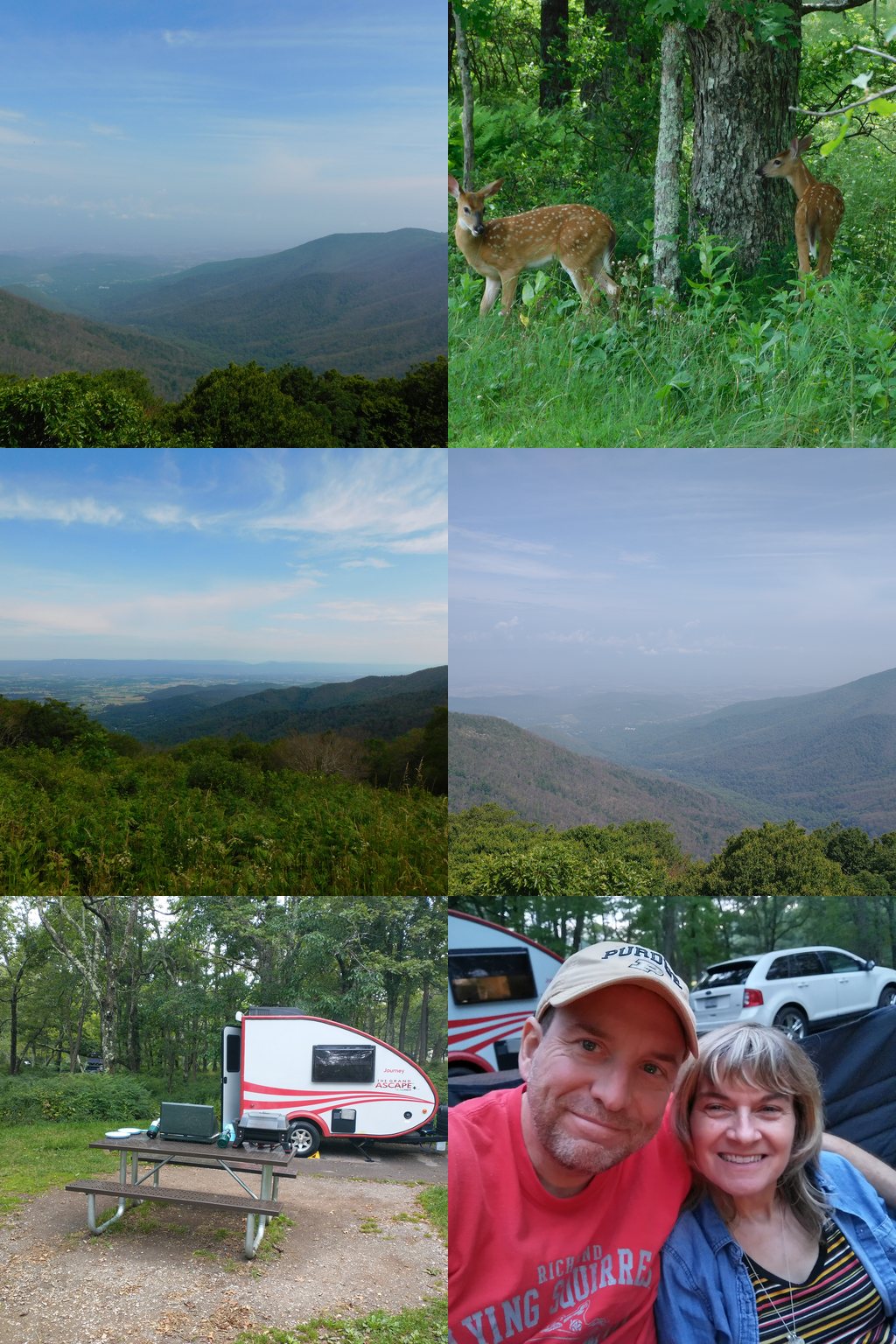
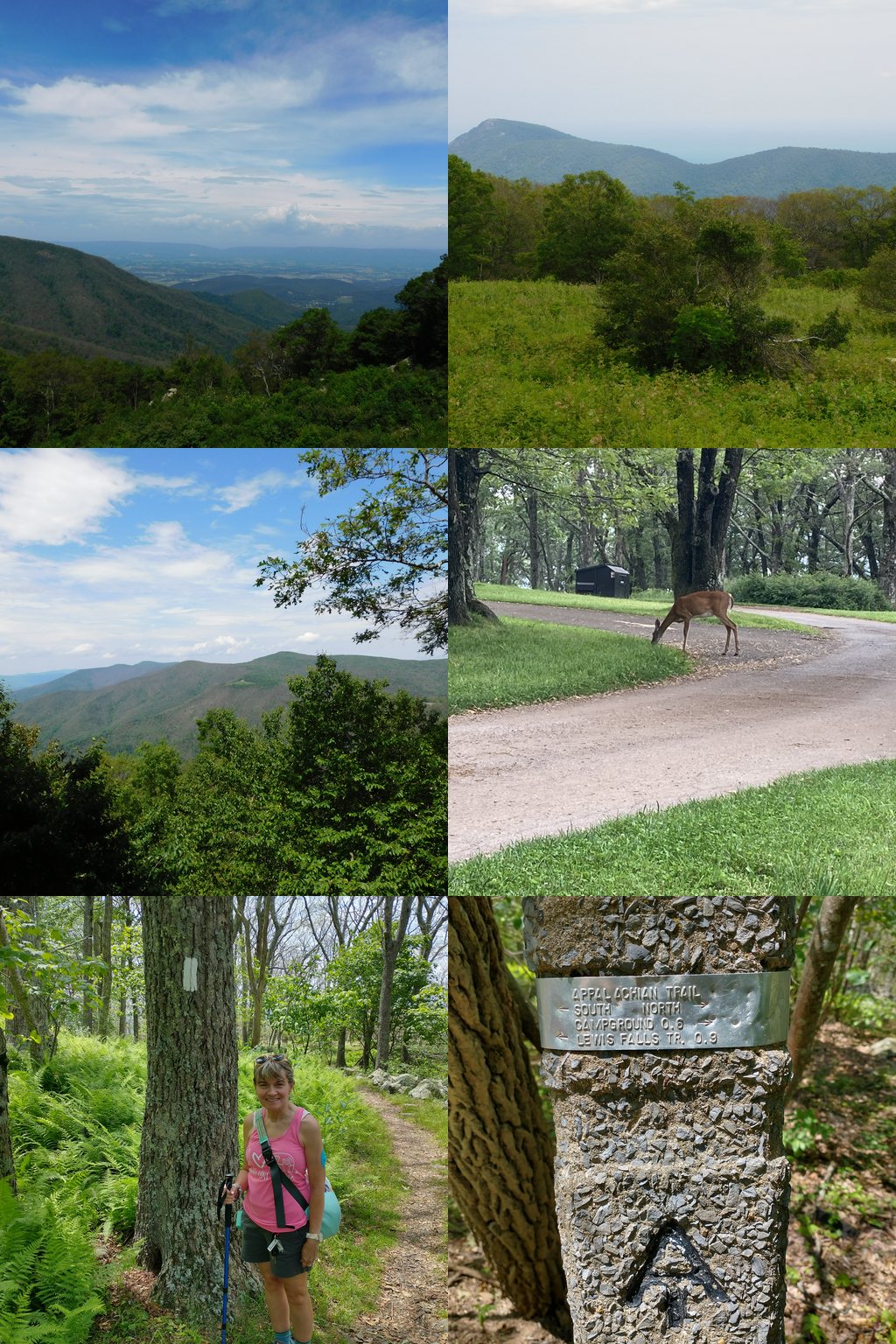
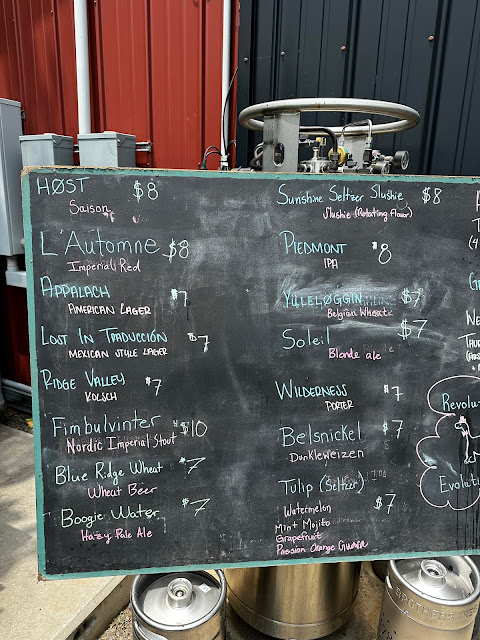

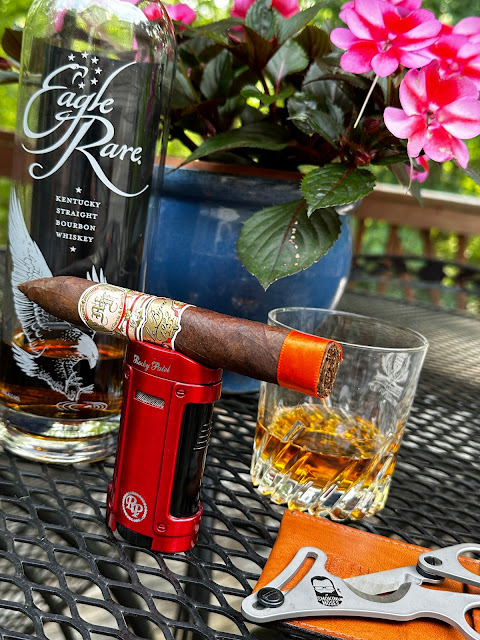

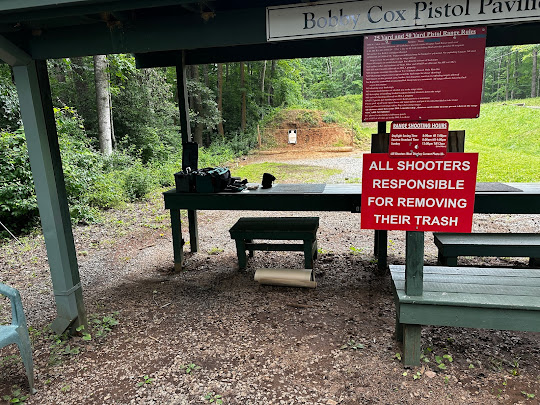
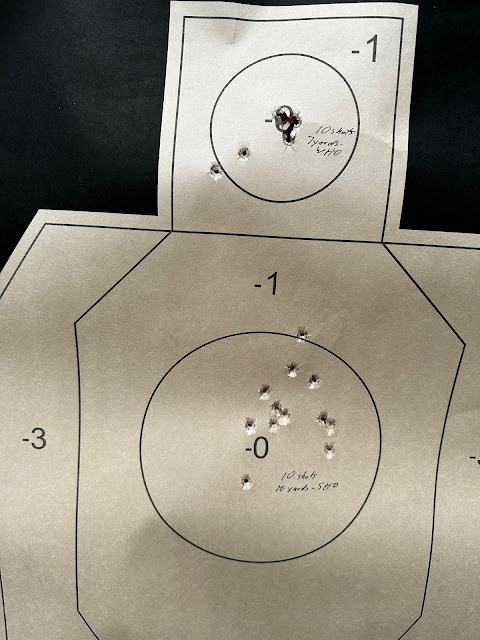

.jpg)







